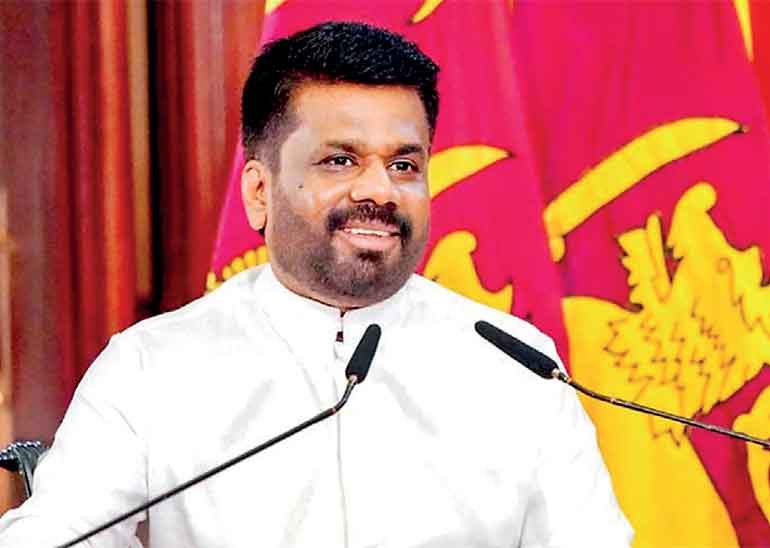The proposed amendments fail to address these concerns and have not answered the calls for independent oversight to protect digital privacy. The purpose of the Act may be to protect the rights of citizens but the broad mandate of the DPA will likely not allow the full realisation of rights under the Act without adequate enforcement mechanisms.
With the advent of artificial intelligence and advances in technology, citizens are defenceless in the face of an onslaught upon their right to choose how their private data is used and stored by state entities and private corporations. In this context, we urge the government to consider the guiding principles for States proposed by the UN Special Rapporteur on the Right to Privacy when enacting data privacy laws 2022 (attached): legality, consent, transparency, purpose, fairness, proportionality, minimisation, quality, responsibility and security.
We request the Government not to hurriedly pass amendments to bring an inadequate law into force. Instead, the Government should conduct meaningful consultations with stakeholders and international experts to ensure that the proposed amendments address the concerns that have been raised and comply with international standards.
We request the following steps to be taken:
(1)Withdraw the Personal Data Protection Act (amendment) Bill that was placed on the Gazette in March 2025.
(2)Consult relevant stakeholders and experts on key amendments to be made.
(3)Ensure the appointment process for the Board of Directors of the DPA is independent and involves the Constitutional Council.
(4)Ensure the proposed amendments are in line with international human rights standards and best practices for digital privacy.
(5)Commission a capacity assessment to affirm the readiness of public institutions to comply with the requirements of the Act, and the time and resources required to be fully compliant.
a.Release the results of the assessment to the public.
(6)Conduct programmes to raise awareness of the public on the rights and remedies available under the Act to strengthen their ability to hold data controllers to account.
CC:
1.Harshana Nanayakkara, Minister of Justice
2.Eng. Eranga Weeraratne, Deputy Minister of Digital Economy
3.Waruna Sri Dhanapala, Acting Secretary for the Ministry of Digital Economy
Signatories:
Adayaalam Centre for Policy Research
Aham Human Resource Centre
Alliance for Minorities
Anuradhapura District Citizen Committee
Asia Lanka Social Development Cooperation
Association of War Affected Women
Centre for Society and Religion
Eastern Social Development Foundation
Environment and Community Development Information Centre
Families of the Disappeared
Human Elevation Organisation
Human Rights Law Chambers
Institute of Social Development
International Centre for Ethnic Studies
Jaffna Social Action Centre
Law and Society Trust
Mannar Social and Economic Development Organization
Mannar Women’s Development Federation
Movement for Plantation Peoples’ Land Rights
National Fisheries Solidarity Movement
National Peace Council
RED Organisation
Right to Life
Samadana
Shramabhimani Kendraya
Social Institute for Development of Plantation Sector
Tamil Civil Society Forum
Transparency International Sri Lanka
Uva Shakthi Foundation
Viluthu
Women’s Action Network
Women and Media Collective
Young Journalists Association
